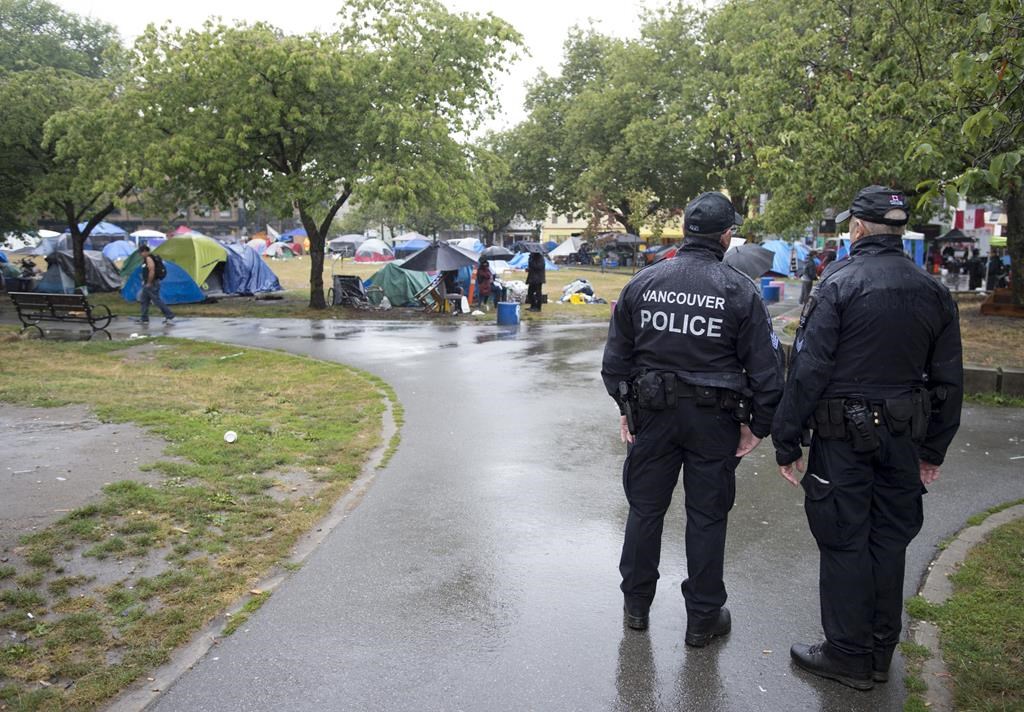The Vancouver Police Department (VPD) formalized a new policy around “street checks,” better known as “carding.”

Street checks refer to voluntary interactions with police that go beyond a casual conversation, and may include a request for identifying information.
The new policy overtly bans stopping someone based on identity factors such as race, sex, age or homelessness, and requires police to tell people being checked that their interaction is voluntary and that the subject can leave at any time.
The VPD rolled out the new policy in response to a provincial directive that took effect on Jan. 15 to introduce new provincial standards, and after pledging to improve its street check policy in September, 2018.
The provincial directive requires all policing agencies in B.C. to have internal guidelines on how carding is conducted.

It also comes in the wake of criticism levelled against the force, following the realease of VPD data that revealed a disproportionate number of street checks by officers involved Indigenous and Black people.
The data showed that between 2008 and 2017, 15 per cent of the street checks performed by its officers involved Indigenous people, despite them representing just two per cent of the city’s population.
Four per cent of contacts involved Black people, who make up less than one per cent of Vancouver’s population.
That data prompted a complaint from the BC Civil Liberties Association (BCCLA) and Union of BC Indian Chiefs (UBCIC) to the Office of the Police Complaints Commissioner.

Chief Don Tom, vice-president of the UBCIC said he’d rather see street checks scrapped all together than reformed.
“There’s no merit to it,” he said.
“I think it can be dragged down to individuals who may be visiting in Vancouver, may not know that it’s voluntary. And so I think it really puts a lot of onus upon citizens in that.”
Tom pointed to the recent incident in which an Indigenous grandfather and 12-year-old girl were handcuffed at a Vancouver bank as an example of how racial profiling can still persist, despite official rules not to do it.
“I have very little confidence,” he said.
“I think had the recent case in the incident at BMO, I think were there continues to be stories like this and I have very little confidence in that picture.”
Do’s and Do Not’s
The new policy does not apply to situations where police have stopped someone with lawful authority, such as a traffic stop or when detaining or arresting someone.
Under the new policy, VPD officers may not perform a street check on someone based on personal characteristics such as race, homelessness and age — nor may they stop someone solely because one of those aspects matches a suspect in a crime.
Police are also banned from conducting arbitrary or random street checks, but rather must have a valid public safety purpose for stopping the subject.
During a street check, the VPD officer must also make it clear to the subject that they aren’t required to give identifying information or answer questions, and that they’re free to walk away at any time.
The policy further requires officers who ask for identifying information to have a justifiable reason, such as when conducting a missing persons search, concern for the person’s immediate safety, or helping someone in a health or mental health crisis.
Officers that take such information must document the interaction.
You can see the full policy on P. 233, here.
Global News has requested comment from both the BCCLA.




Comments